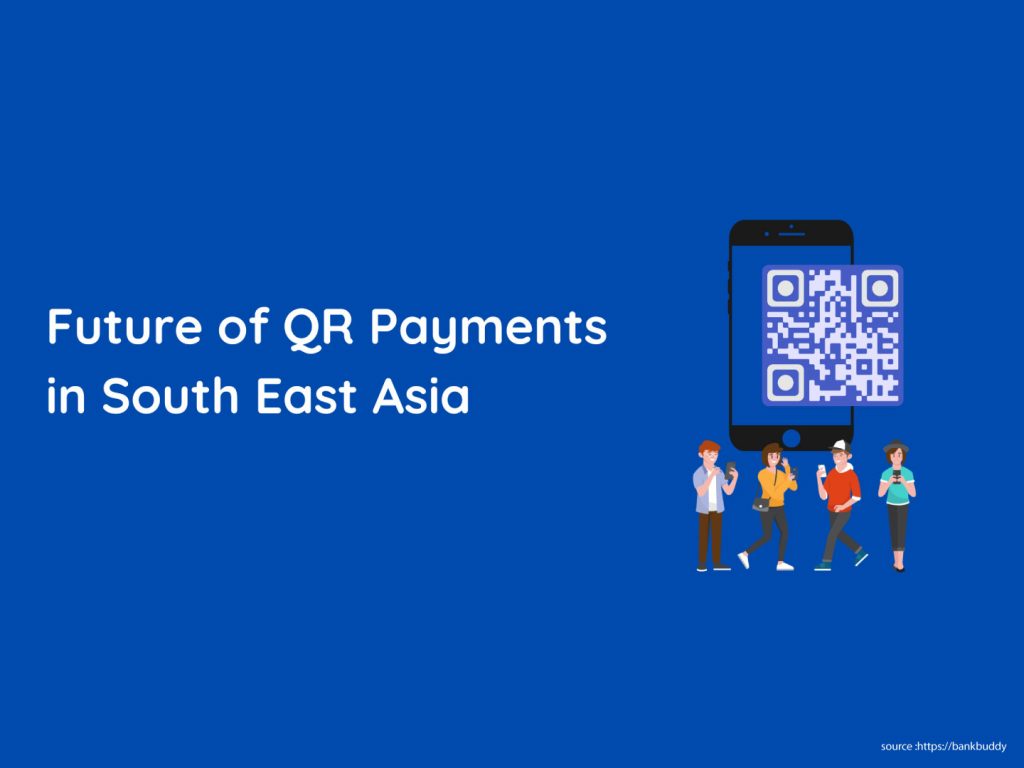Search
QR Codes and Real-time Payments Reduce Cash Use in South Asia
May 23, 2024

A new report highlights that the growing use of QR codes and real-time payment systems is leading to a decline in cash use across South Asia. The report, titled “Payment Innovations and Risks in South Asia,” was released by the Alliance for Financial Inclusion (AFI) with support from Bridge Policy Think Tank India.
The report advocates for collaboration among regions to innovate payment methods and manage associated risks. It emphasizes the need for unified regulatory efforts to ensure everyone has access to payment systems. Strengthening these systems through centralized data collection and consumer protection measures are also key points.
Initiatives to improve security, promote digital literacy, and ensure interoperability aim to build trust and efficiency in digital payments, helping bridge the digital divide.
QR codes have become the most preferred payment method in South Asia, replacing cash. Real-time payment systems, which allow for instant, secure payments, are another major reason for the decline in cash use.
South Asian governments are pushing for digital payment adoption through policy and regulation. Digital payments are now seen as essential for financial inclusion and are widely used in government schemes.
Ajaya Kumar Sahoo, a former Reserve Bank of India (RBI) official and expert advisor to Bridge Policy Think Tank, stated, “Regulators play a crucial role in ensuring a safe space for both consumers and market players. As innovation grows, the role of banking regulators is also expanding.”
Regulators in South Asia, like the RBI in India and the Central Bank of Sri Lanka (CBSL), have set up FinTech Regulatory Sandboxes. These platforms help test new products and address industry challenges by encouraging collaboration among regulators, financial institutions, and tech innovators.
Kritika Krishnamurthy, founding partner at AK & Partners, highlighted the importance of a balanced regulatory framework. She said, “Regulation is essential for stability, but excessive regulation can hinder commercial transactions. A balance is needed to allow for innovation while ensuring safeguards.”
The report also noted that while data shows high telephone and internet subscriptions, many households still lack sufficient internet access and smartphones, especially in rural areas.
Rajiv Mohapatra, Vice President of Global Legal Compliance at Mastercard Inc., emphasized the role of private players in promoting payment innovation. He said, “Private players create innovative products for financial inclusion and support last-mile delivery by changing consumer behavior and teaching safe product use.” The report concludes that continued innovation and collaboration are crucial for advancing payment systems and achieving financial inclusion in South Asia.
Important Links:
- 4-IN-1 Professional Diploma in Banking, Financial Services & Insurance (PDBFSI): https://ask.careers/courses/4-in-1-professional-diploma-in-banking-financial-services-insurance-pdbfsi/
- Mumbai: https://ask.careers/cities/mumbai/
- Indore: https://ask.careers/cities/indore/
- Pune: https://ask.careers/cities/pune/
- TSCFM: https://ask.careers/institutes/tscfm/



